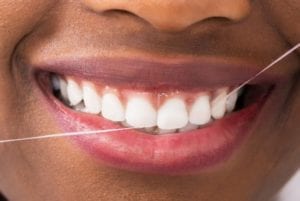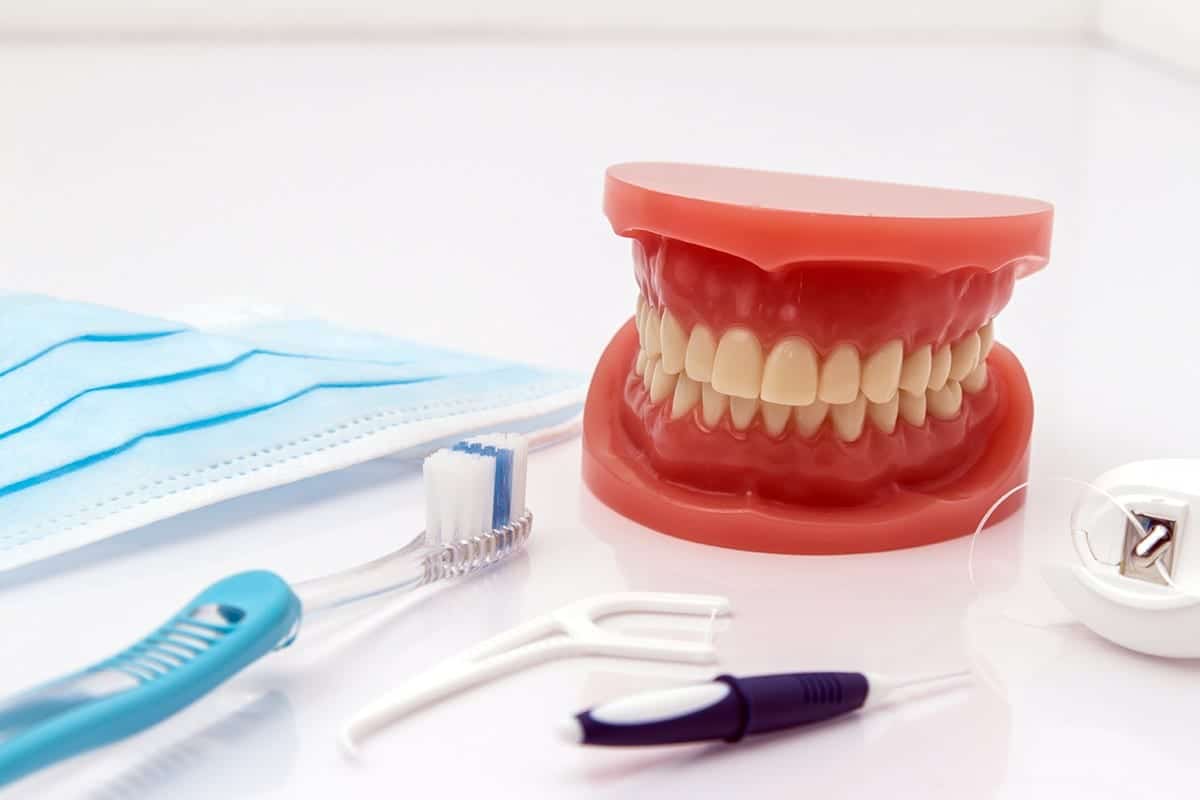
There are three essential components to a maintaining oral health: brushing your teeth, flossing, and rinsing with mouthwash. Contrary to popular belief, a recent report says that one of these steps doesn’t actually do anything for cleaning your teeth.
For decades, the Department of Agriculture and Health and Human Services has listed flossing as a beneficial part of dental hygiene. In the latest version of their dietary guidelines, however, the organization dropped any mention of flossing. Moreover, they recently told the Associated Press that they had never done the proper research on the benefits of flossing to prove its effectiveness.
This news has probably come as a relief to many Americans. Studies show that only 4 out of 10 Americans floss once a day, and 2 out of 10 Americans don’t floss at all.
In fact, a survey done by the American Academy of Periodontology showed that 18% of Americans prefer washing dishes to flossing, 14% prefer cleaning the toilet, and 9% prefer doing their taxes.
But is it really time to give up on flossing? Don’t be so quick to drop it from your daily routine.
What Is Flossing Supposed to Do?
Why do we floss?
Flossing is recommended by dental professionals around the country for its benefits in preventing gum inflammation and dental diseases. When you floss, you help to remove the plaque (bacteria and saliva) that gets caught between your teeth. When it’s not removed, this plaque can become tartar and cause inflammation along your gums. This inflammation can later become periodontitis, which may lead to tooth decay and other serious dental issues.
Can a dentist tell if you don’t floss? The short answer is: yes. By looking at the amount of plaque and tartar in your teeth, an experienced dentist or dental hygienist can judge of whether or not you floss regularly.
And don’t think you can fool your dentist or hygienist with your poor flossing habits by flossing the day of your appointment: often, non-flossers will hastily floss their teeth and leave their gums bleeding or damaged. That’s when a dentist really knows you’re cheating on your flossing habits.
Why You Should Listen To Your Dentist And Not The Most Recent Report

Despite the fact that the Department of Agriculture and Health and Human Services has dropped flossing from their list of recommendations, the American Dental Association stands by its recommendation to floss, arguing that flossing helps to fight plaque, gum disease, and tooth decay.
What about the argument that the benefits of flossing haven’t been properly studied?
Well, there are studies that show flossing is beneficial in keeping your teeth and gums clean. For example, six trials showed that flossing every day caused a 40% reduction in the risk of cavities in school children. What the Department of Agriculture and Health and Human Services is really saying is that they don’t feel like they have enough evidence.
Removing floss from your dental routine is taking a gamble with your dental health. We know it’s not the most exciting thing to do, but distributing and removing the plaque and remaining food between your teeth won’t hurt – in fact, it may even save your smile!






